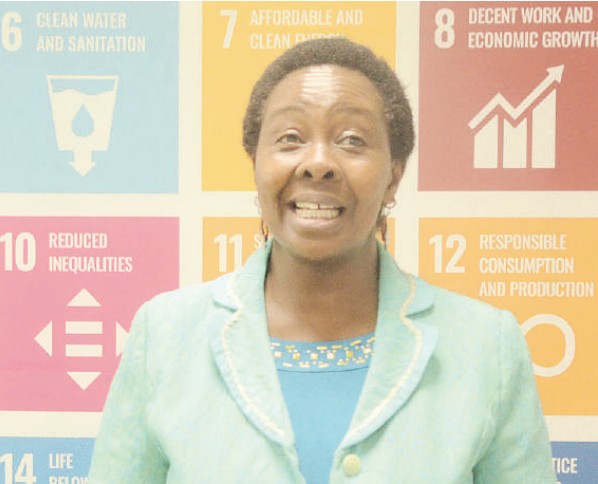

In homes across Kenya, girls grow up fearing shadows cast by deep-rooted bias—where protection often means control, and hope for equality battles against a culture that still silences their voices.
According to Mary Wanjiru, team lead of the Ending Violence Against Women and Girls Unit at UN Women Kenya, this harsh reality fuels a scourge of violence against women that goes far beyond the alarming wave of femicide, rooted deeply in cultural norms that elevate men above women.
In an interview with the Star at the UN complex, she illustrated this with a common scenario: if a family has 17-year-old twins—a boy and a girl—loitering at a nearby centre at dusk, parents often scold the girl and rush her home, while allowing the boy to explain himself.
“Though this may seem like extra protection for the girl, it sends a message that she cannot be trusted to look after herself, while the boy is seen as mature enough to handle his own safety,” Wanjiru said.
“It is such simple instincts that question women’s competence that permeate society, forcing women to work twice as hard to survive.”
Wanjiru said that focusing solely on responding to the rising killings of women would be futile unless the underlying cultural beliefs that place women second in society are addressed.
She pointed out that discrimination against women begins from conception, citing the common practice of ultrasound gender checks during pregnancy, where disappointment often follows if the baby is a girl.
Wanjiru added that this discrimination extends into schools and workplaces, where women, despite having equal qualifications as men, often receive lower pay.
“Gender inequality in Kenya is embedded in a culture that normalises treating women as inferior—from the home to schools, public spaces, workplaces, and even within marriage. We must rise as a country to change this,” she urged.
Her remarks come as Kenya grapples with a deadly surge in gender-based violence, with 2024 emerging as one of the deadliest years for women at the hands of intimate partners.
A recent report by Odipo Dev and African Uncensored revealed that 170 women were killed by current or former partners in the year so far.
The report, ‘The Silencing of Women Project’, analysed more than 930 female murders in Kenya since 2016, drawing from court records and media reports to reveal disturbing patterns of violence against women.
Of these, 628 cases meet the United Nations Office on Drugs and Crime definition of femicide.
Wanjiru said that the pervasive attitude viewing women as weak and less capable contributes to men feeling entitled to vent their frustrations through violence, including brutal killings.
“Femicide is the cruelest form of violence against women because it is irreversible.
It is final, and it is tragic that society has reached a point where killing women has become disturbingly common,” she said.
While Kenya has enacted numerous women-friendly laws and policies, Wanjiru lamented that poor implementation renders them ineffective.
She welcomed the government’s recent appointment of a technical taskforce on GBV and femicide as a positive step forward.
Addressing critics who question the feminist movement’s goals, Wanjiru acknowledged that gains made by women have unsettled some who resist change.
However, she reassured that women’s demands are not about displacing men.
“There is backlash from those wanting to maintain entrenched patriarchy and the status quo. But we tell them they have nothing to lose when women are safe, protected, and given equal opportunities,” she said.
“Women just want their spaces respected, their opportunities given, and their rights upheld. They are not against boys.”
On concerns about the boy child lagging behind, Wanjiru said this is a challenge man must own.
“I wish men would galvanise the boy child to practice positive masculinity, respect women, and rise up to work hard. Then, the story would be very different,” she concluded.














